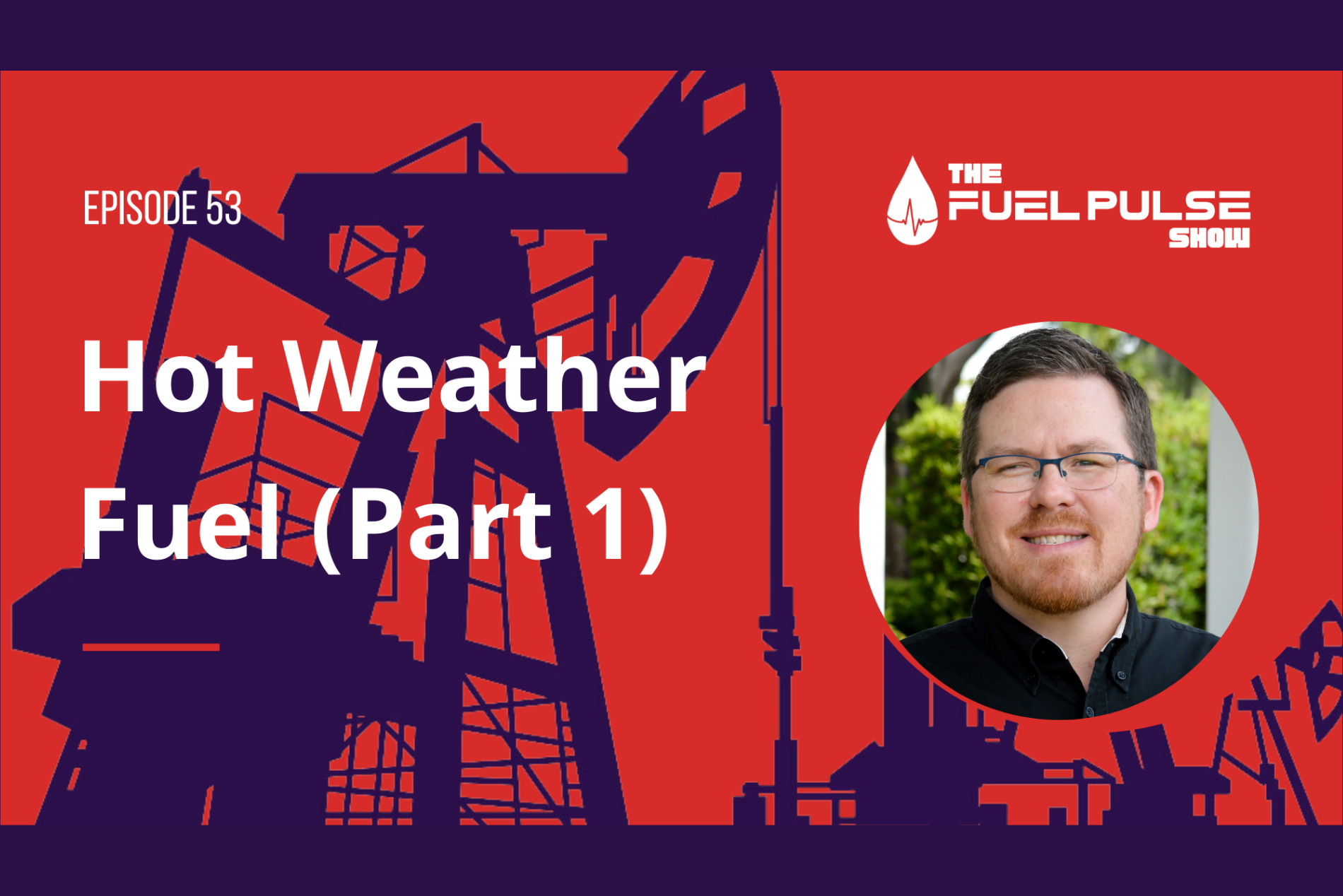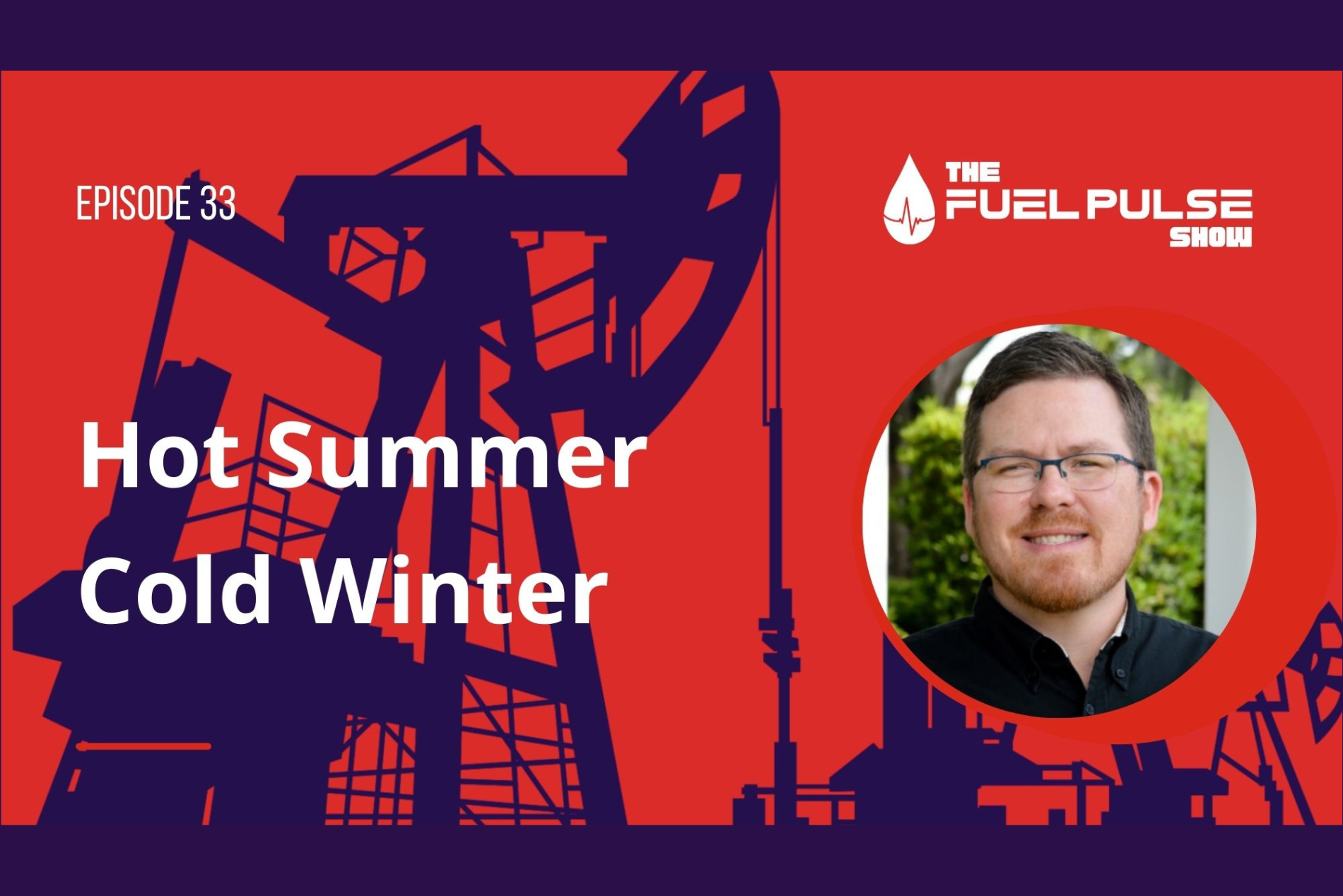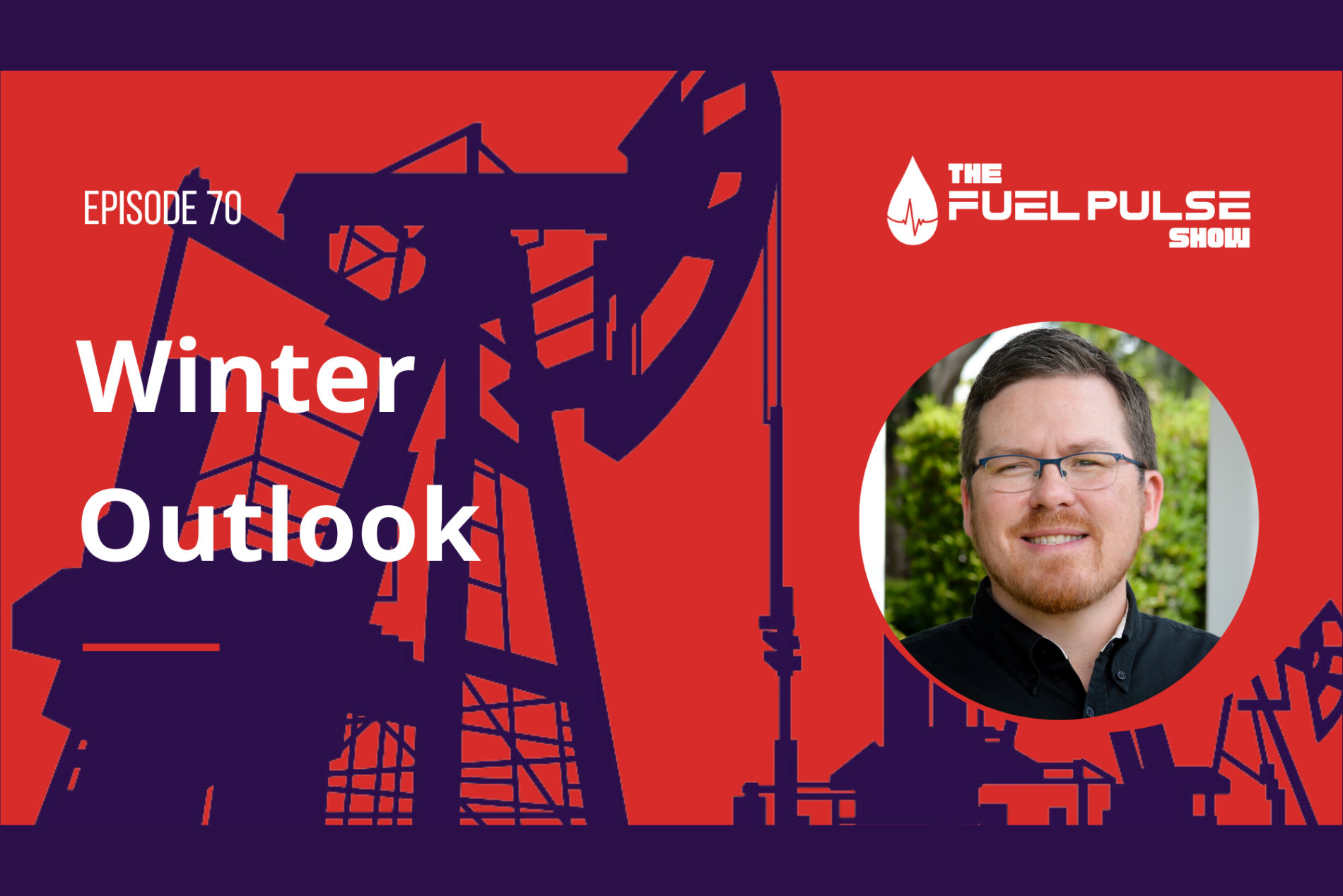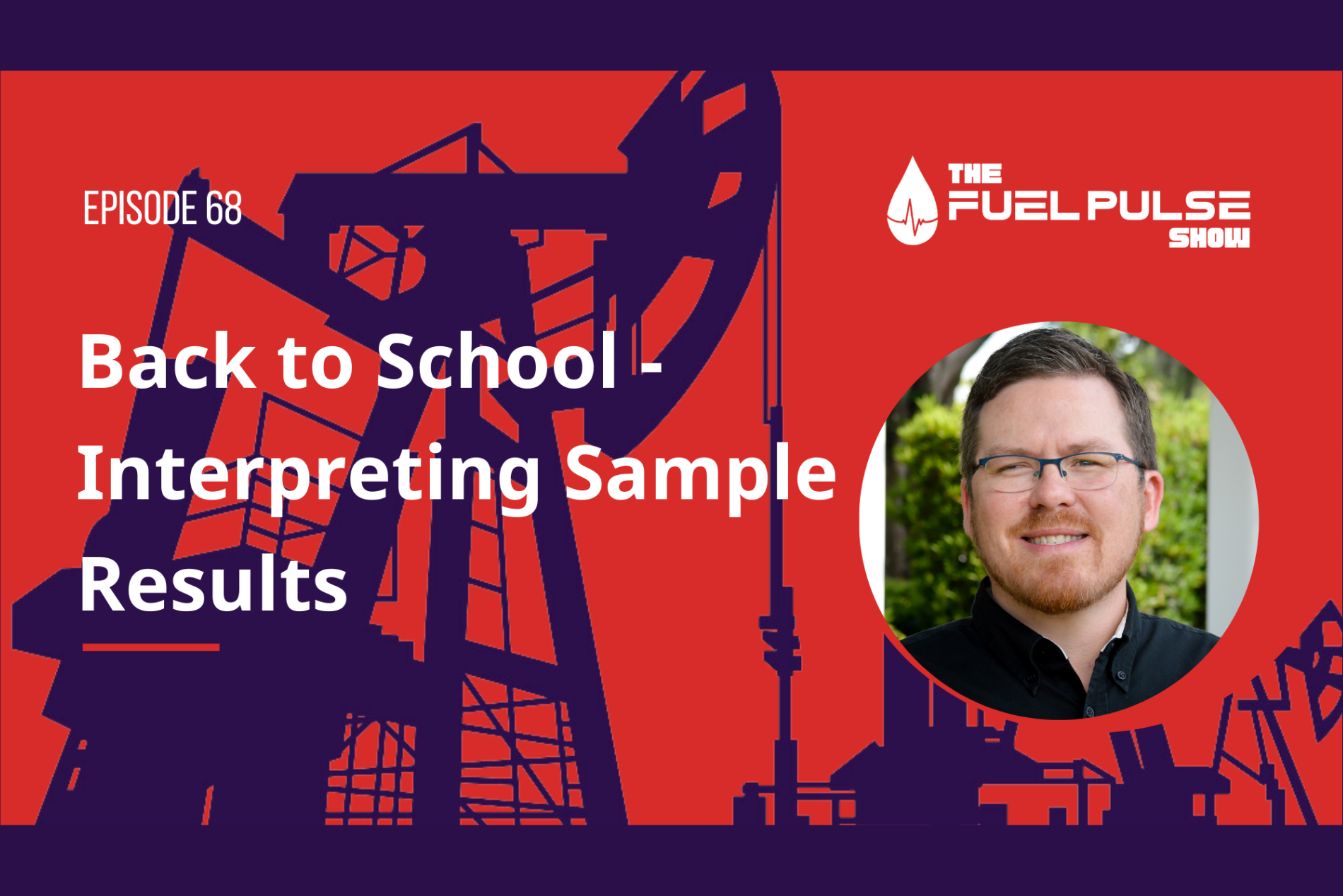1 min read
Episode 033 - Hot Summer, Cold Winter
On today’s episode, we’re going to be talking about the weather and the relationship between seasons with extreme temperatures. In the last episode,...

This podcast episode discusses the impact of hot weather on fuel storage. The host, Eric Bjornstad, examines recent heat waves and record-breaking temperatures across the United States, citing specific examples from 2020 to 2023.
He explains how scientists measure and document extended heat periods, looking at factors like consecutive days above threshold temperatures and nighttime lows. The episode also delves into how researchers determine historical temperature data using methods like ice core samples, tree rings, and coral reef analysis.
This information sets the stage for a future discussion on how extreme heat affects stored fuel and best practices for mitigating these issues.
Here are three notable quotes from the podcast episode:
[00:00:00] Introduction to the Fuel Pulse Show podcast and the episode topic
[00:01:00] Discussion on the impact of hot weather on stored fuel
[00:02:00] Addressing the debate around global warming and climate change
- Mention of 2023 as the hottest year on record
- Countering narratives on social media
[00:03:00] Explanation of the difference between isolated heat waves and global temperature trends
- Discussion of the Dust Bowl phenomenon in the 1930s
[00:04:00] Recent heat records and trends
- Last eight years being the warmest on record
- Pacific Northwest heat dome of 2021
[00:06:00] Examples of extreme heat events in various U.S. locations
- Phoenix's 53 consecutive days over 110°F in 2020
- California's heat waves in 2020 and 2021
- Death Valley's record temperatures
[00:08:00] Explanation of "long period high temperatures"
- Over 200 U.S. locations setting records in August 2023
[00:10:00] Scientific methods for documenting extended heat
- Maximum temperature records
- Consecutive days above threshold temperatures
- Nighttime and high minimum temperatures
[00:13:00] Addressing claims about historical temperature records
- July 2-3, 2023, claimed as hottest days in 100,000 years
[00:16:00] Introduction to paleoclimatology and methods for estimating historical temperatures
- Ice core samples
- Tree ring analysis
- Coral reef examination
[00:20:00] Additional methods for studying past climate conditions
- Sediment core samples
- Isotope analysis
[00:23:00] Wrap-up and preview of Part 2
- Upcoming discussion on how heat affects stored fuel
- Best practices for addressing heat-related fuel problems
[00:24:00] Closing remarks and call for subscriptions and ratings

1 min read
On today’s episode, we’re going to be talking about the weather and the relationship between seasons with extreme temperatures. In the last episode,...

In Episode 70 of the Fuel Pulse Show, Erik Bjornstad provides a comprehensive analysis of the upcoming winter weather forecast across different U.S....

This episode of Fuel Pulse Show focuses on interpreting fuel test results, particularly for stored fuel samples. Host Erik Bjornstad guides listeners...